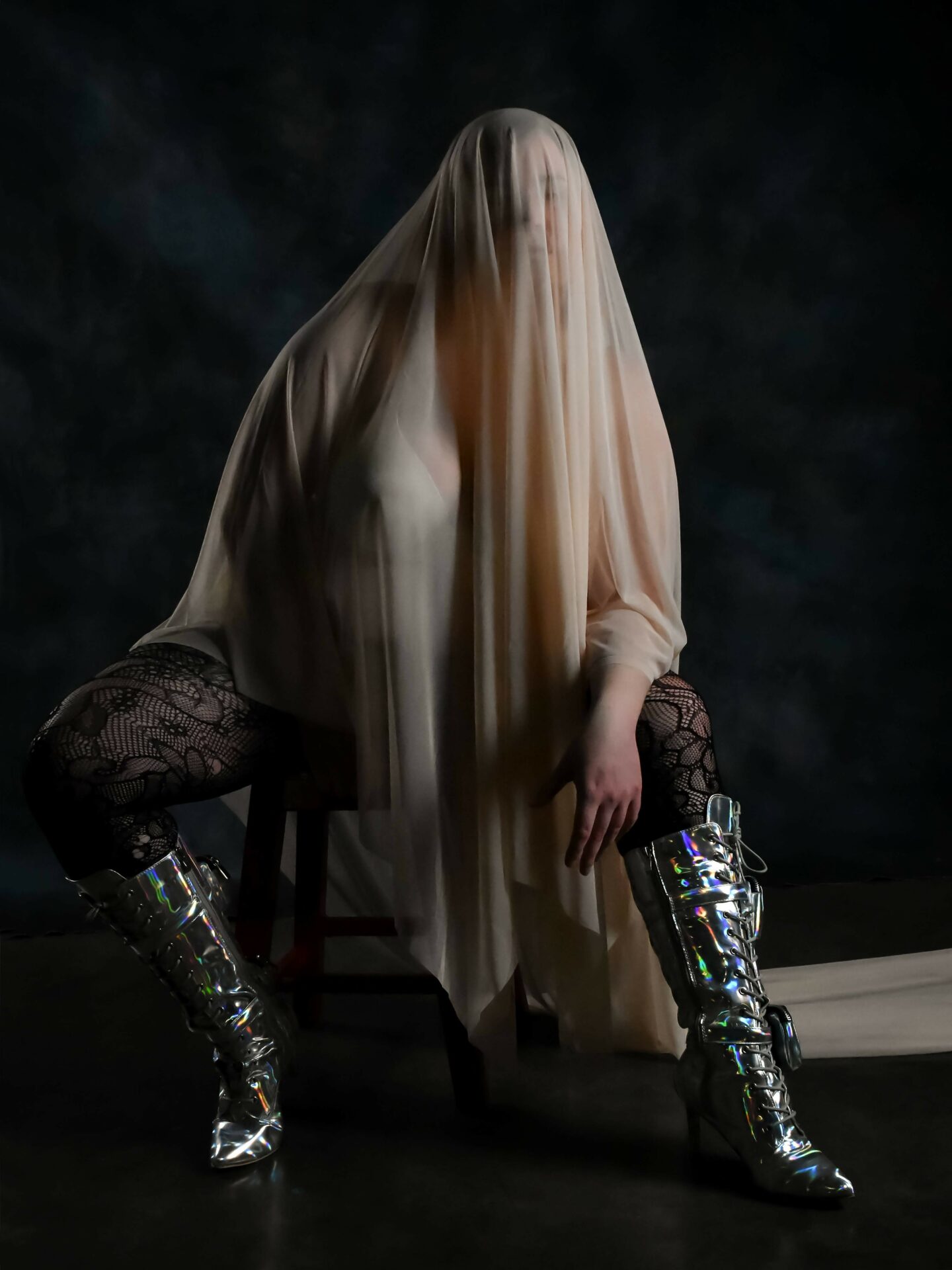We’re excited to introduce you to the always interesting and insightful Maria Esswein. We hope you’ll enjoy our conversation with Maria below.
Hi Maria, thank you so much for opening up with us about some important, but sometimes personal topics. One that really matters to us is overcoming Imposter Syndrome because we’ve seen how so many people are held back in life because of this and so we’d really appreciate hearing about how you overcame Imposter Syndrome.
This is a tough one that I still struggle with from time to time. I think the more I talked about my work with others and explained it, the more comfortable and confident I became with myself. I did the research, created the work, and received the payoff through awards and exhibitions. I am doing something right. I highly recommend practicing and journaling all of your thoughts and feelings regarding your work. It helped me so I did not feel awkward when someone asked me about it. Another route that helped me overcome imposter syndrome, was through therapy. There is no shame in seeking professional help to deal with your struggles and anxieties that can prohibit you from being the best you can be. Therapy gave me the skills necessary to challenge the negative thoughts in my head that made me believe I was not “good enough” to be an artist. It took a lot of practice for me, but I believe I have made progress and continue to do so.
Great, so let’s take a few minutes and cover your story. What should folks know about you and what you do?
My name is Maria Esswein (she/her), and I am an artist based in the Dallas-Fort Worth area. I received my Bachelor of Fine Arts in Sculpture at Southeast Missouri State University in 2020, and my Master of Fine Arts in Intermedia from the University of Texas at Arlington in 2023. I currently teach a variety of studio art courses and rotating art topics at both the University of Texas at Arlington and Dallas College. My work focuses on exploring gender, art, and religion through a feminist perspective. The art grapples with the ideas and misconceptions I have about sexual behaviors, sexuality, intimacy, and identity. Through soft sculpture, photography, ceramics, and performance, I explore and challenge the set of beliefs and expectations I was indoctrinated in.
My current practice has begun to shift towards the relationship between our interactions with memory, or “ghosts.” Ghosts in pop culture, literature, and media have been an interest in our society, and represent several ideas depending on the individual. Often, how we interact with a “ghost” or a past version of ourselves determines whether the experience with this memory was positive, neutral, or negative. My art brings the internal struggles of being raised in a religious purity culture and how it affects the psyche into a physical realm through apparitions and child-like blobs.
Looking back, what do you think were the three qualities, skills, or areas of knowledge that were most impactful in your journey? What advice do you have for folks who are early in their journey in terms of how they can best develop or improve on these?
1. Make something small every day — being an artist can be HARD. There have been times when I have cried, questioned why I am doing this, or been incredibly frustrated with myself or my art. One of the things that my mentor told me was to at least create one small thing every day. It doesn’t have to be the most profound piece of work known to man. It can be silly, crappy, abstract, or whatever you want it to be. You don’t have to show anyone what you made that day. What matters is you are making art. I like to think of it like going to the gym. Once you stop for a while, it can be difficult to get back into the groove. Creating one piece a day throws out the anxieties that come with always making the perfect creation. (I would like to put a disclaimer here: this can also be an exercise you do alongside a big project, or count yourself working on a big project a little bit each day as your “one-a-day.”)
2. DON’T PEOPLE PLEASE — Make things that are important to you. One of the things about being an artist is that you are going to hear a lot of praise and criticism from people. One of the things I struggled with early on in my art career was that I only wanted to make something if people were going to like it. I used to take criticisms as someone’s way of telling me I suck. Not to mention, sometimes I would get frustrated hearing opposite criticisms from multiple people in the same room. What did they want from me? The truth is, you can’t please everyone. It is important to receive feedback from peers and others, but you do not have to apply all of those critiques to your work. Take a minute to assess what feedback you feel resonates or is important to you to allow changes to your work. It is okay if you disagree with a critique. However, never make art in the hopes that it will make everyone happy because in most cases, it won’t. Make work that makes you happy, or ignites your passion to create.
3. Journal every day — I cannot stress enough how much this helped me process what I wanted to do with my work or the thoughts I have about it. Most of my journaling progressively turns into doodles, but that is what works for me. I find that if you just set aside time to write your feelings, it allows you to pull from your word vomit and discover what the work is saying.
What is the number one obstacle or challenge you are currently facing and what are you doing to try to resolve or overcome this challenge?
The current challenge I am facing is post-grad school burnout. I LOVE what I do, and I am so grateful to be able to continue my practice as well as teach students design skills in art. However, I am almost a year out of grad school, and I am exhausted. The stress of completing my thesis and defending it as well as the hustle that grad school requires has made me rethink how I need to take better care of my physical, emotional, and mental health. I want to emphasize that this is not a dig at graduate school at all. I do not regret a second of it. I was simply under a lot of stress, and sometimes I have found it very hard to re-establish a consistent studio schedule as well as the pressure of “what will I make next?”
My goal in overcoming this is to practice more self-care and celebrate the small artistic victories. I am still creating art (even if it is at a slower pace than I would currently like), getting accepted into exhibitions, and learning new processes. I am doing the things that I enjoy in my art practice, and trying to not stress out too much. I’m not perfect, and I have bad days like everyone else. However, I am keeping at it, and I am giving it my best.
Contact Info:
- Instagram: @a_glass_of_esswine
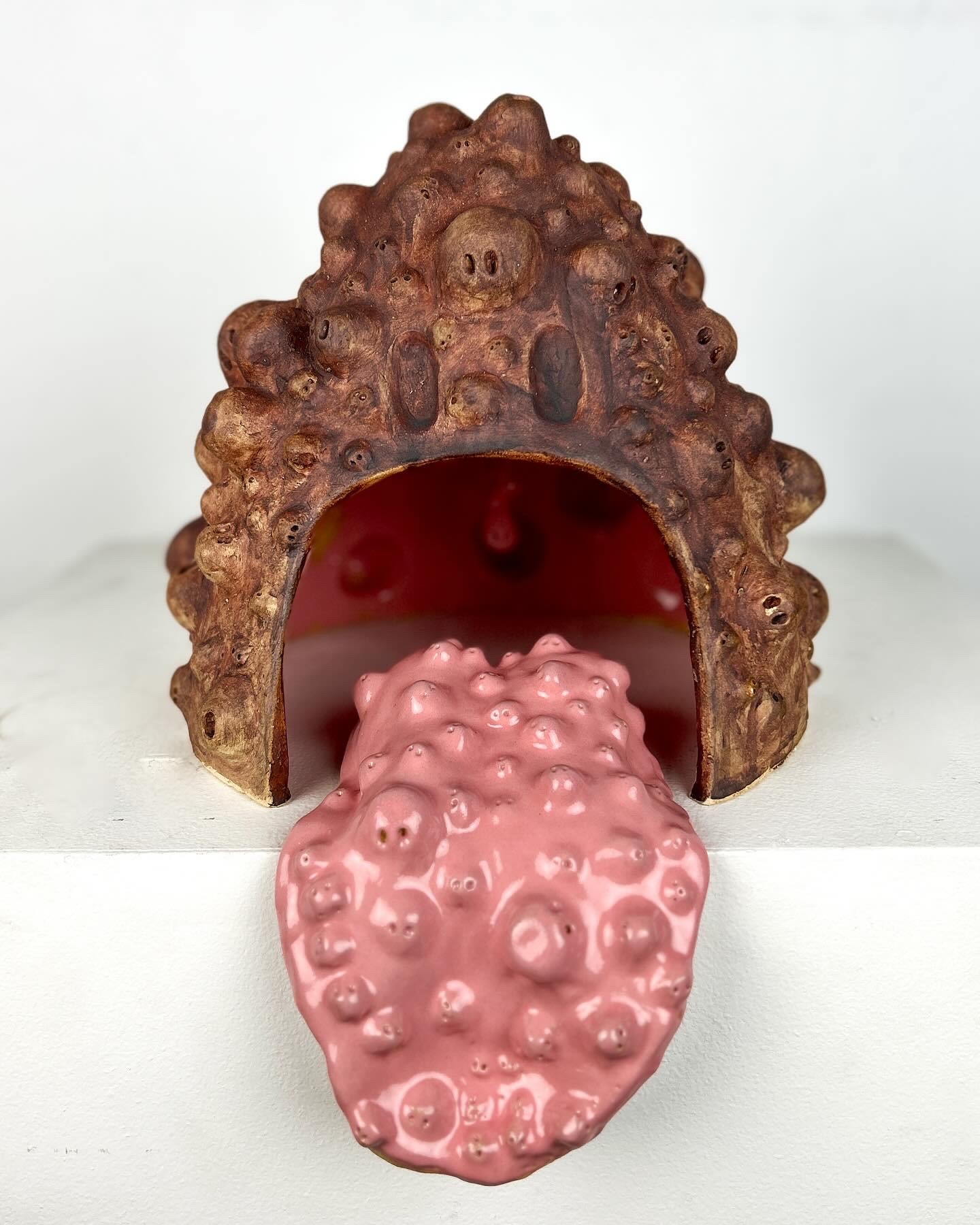
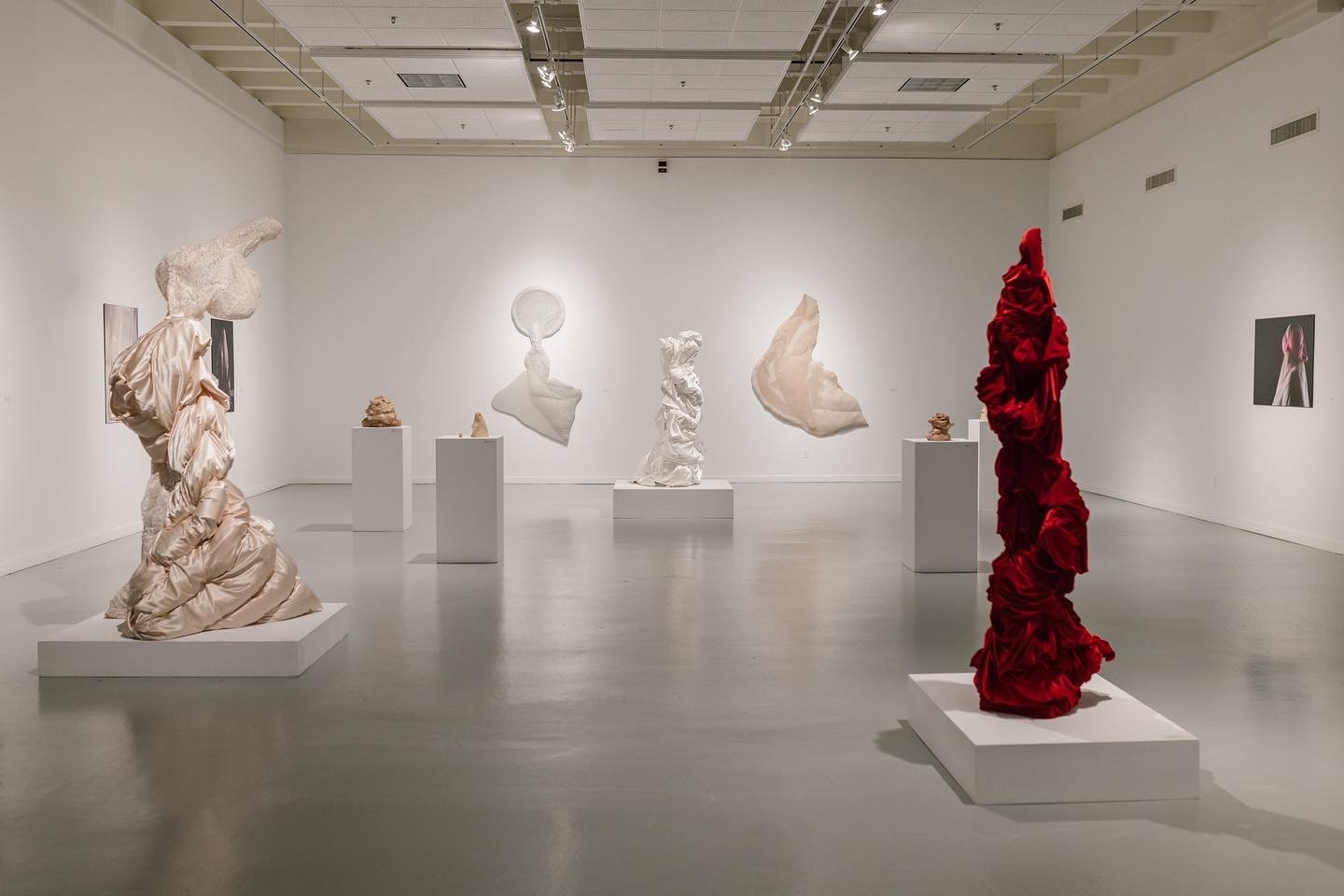
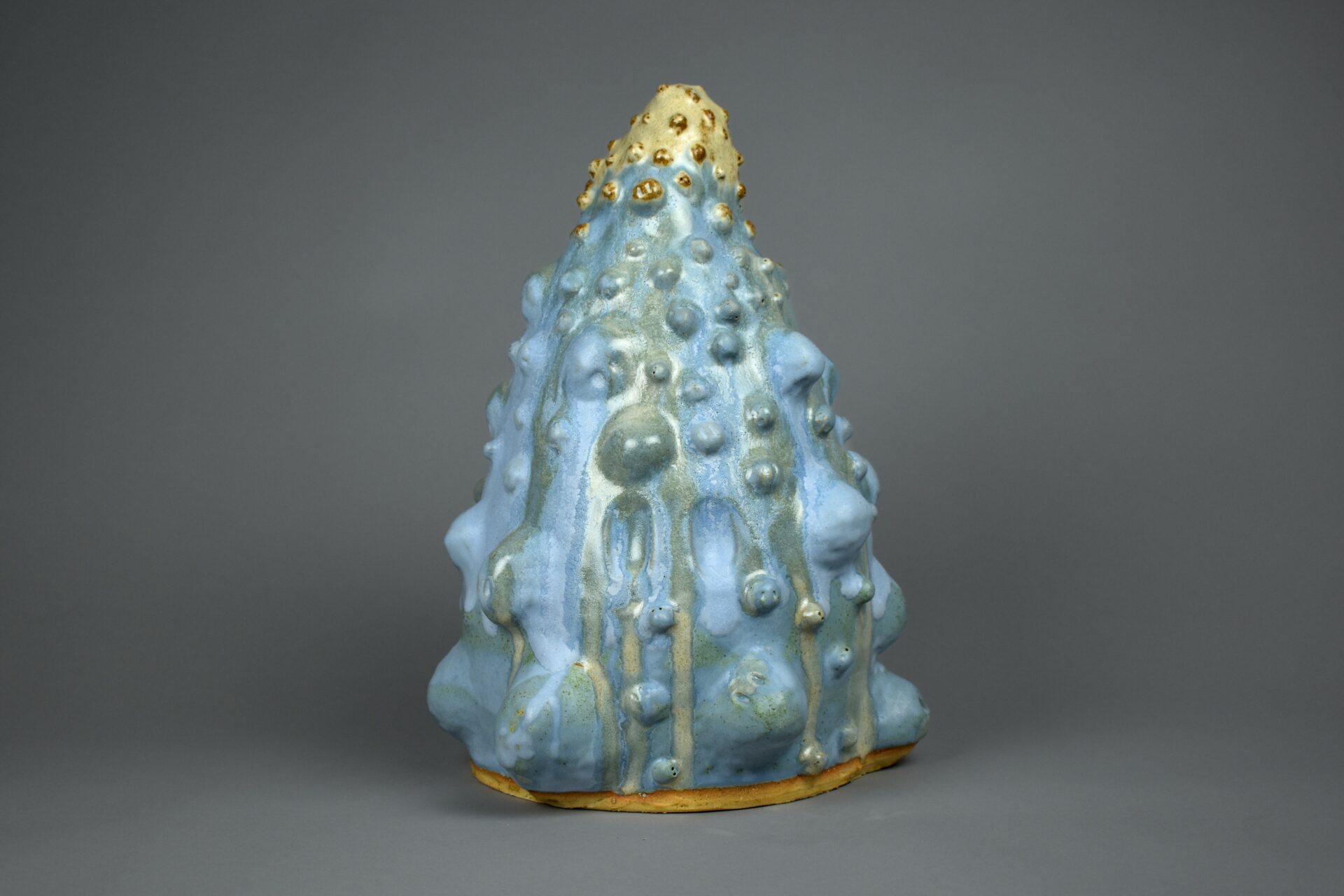
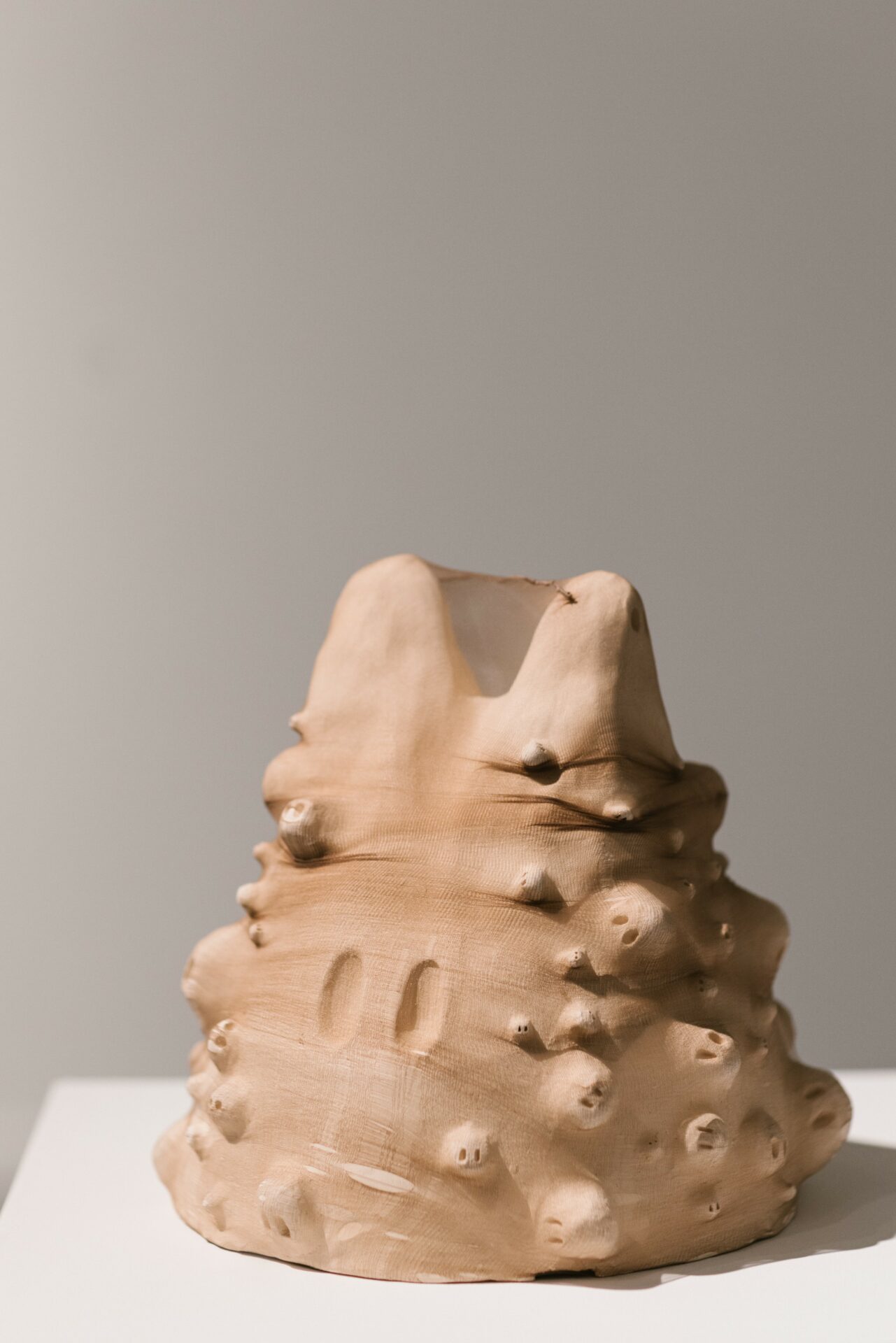
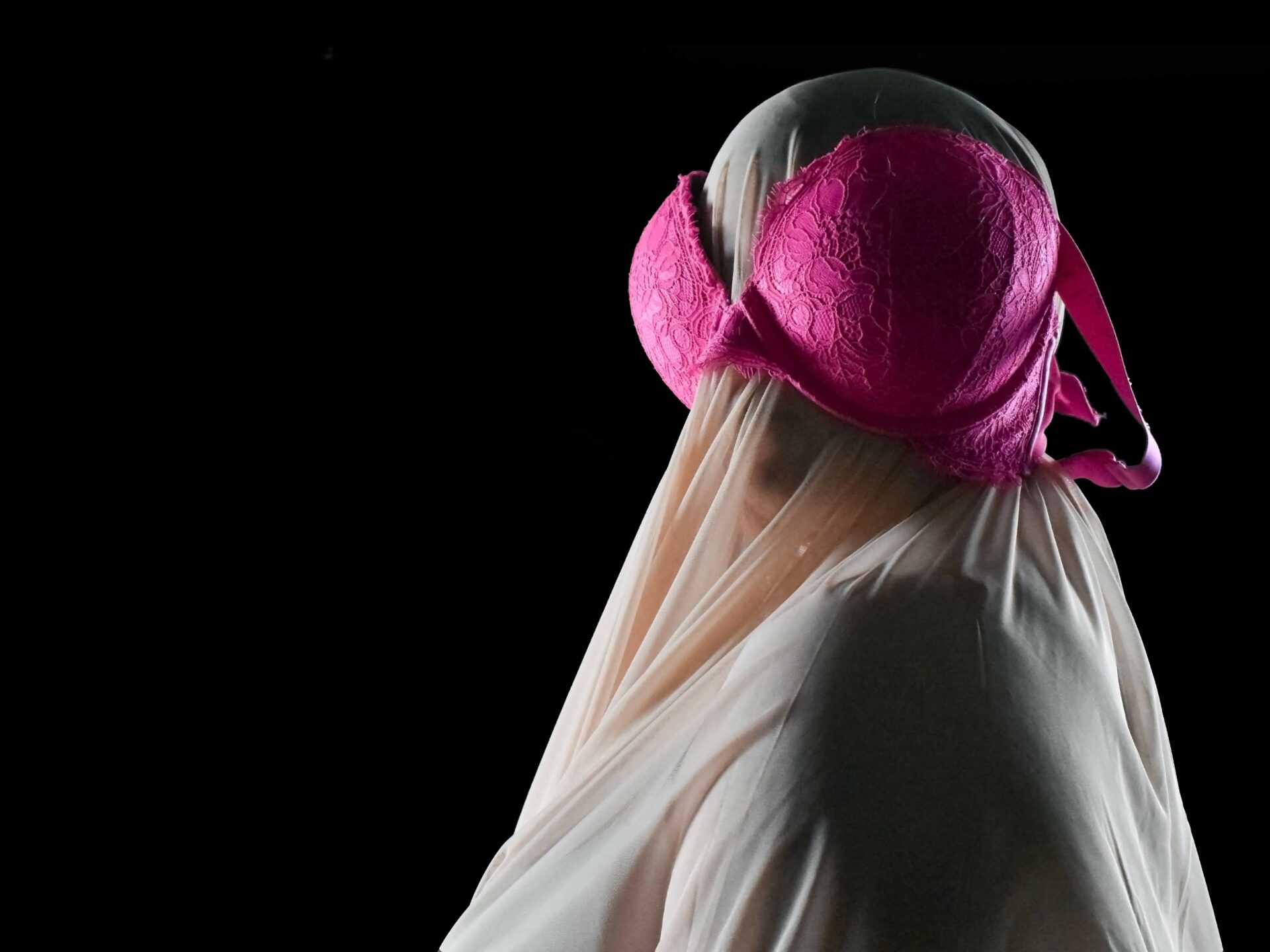
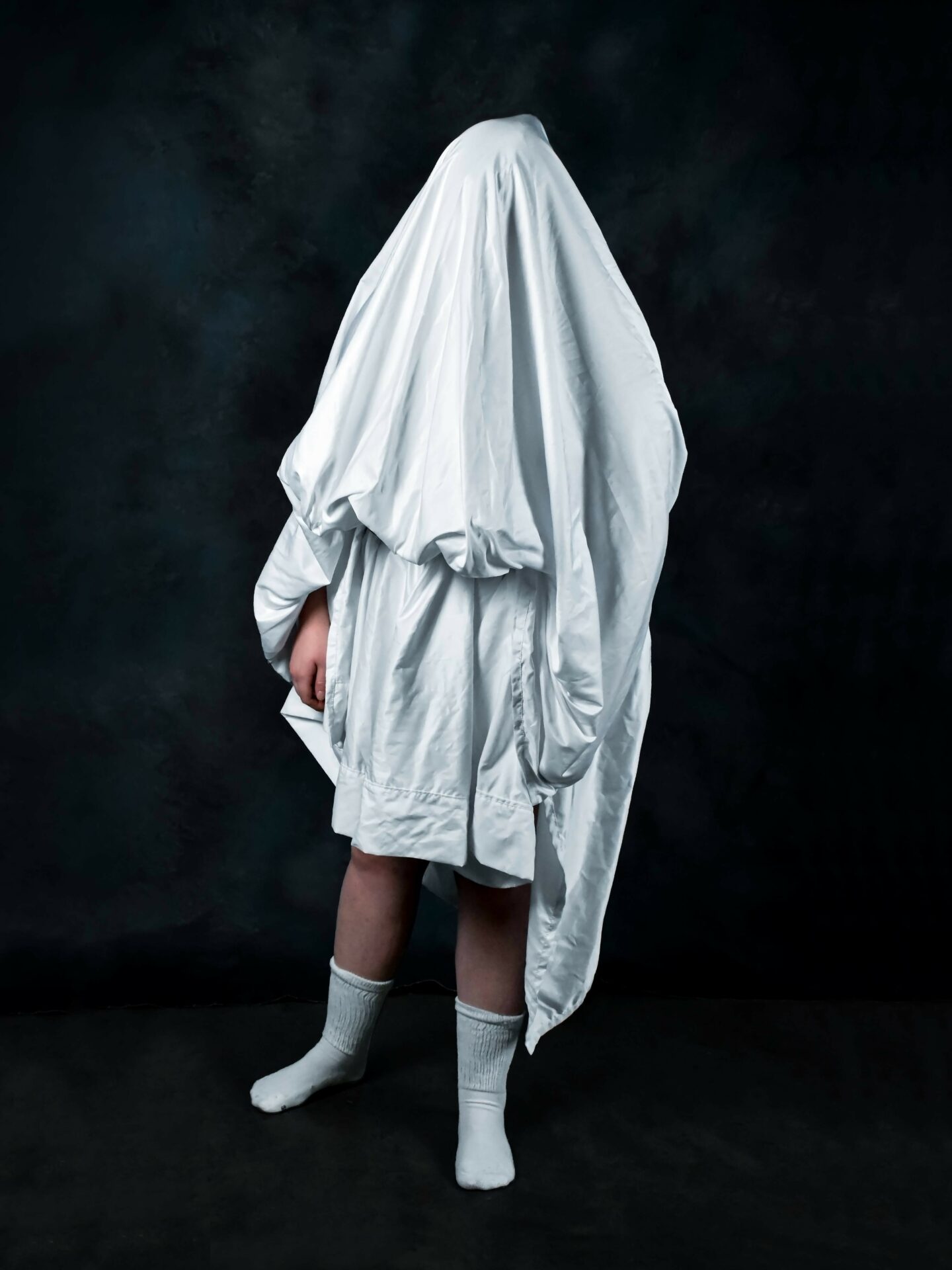
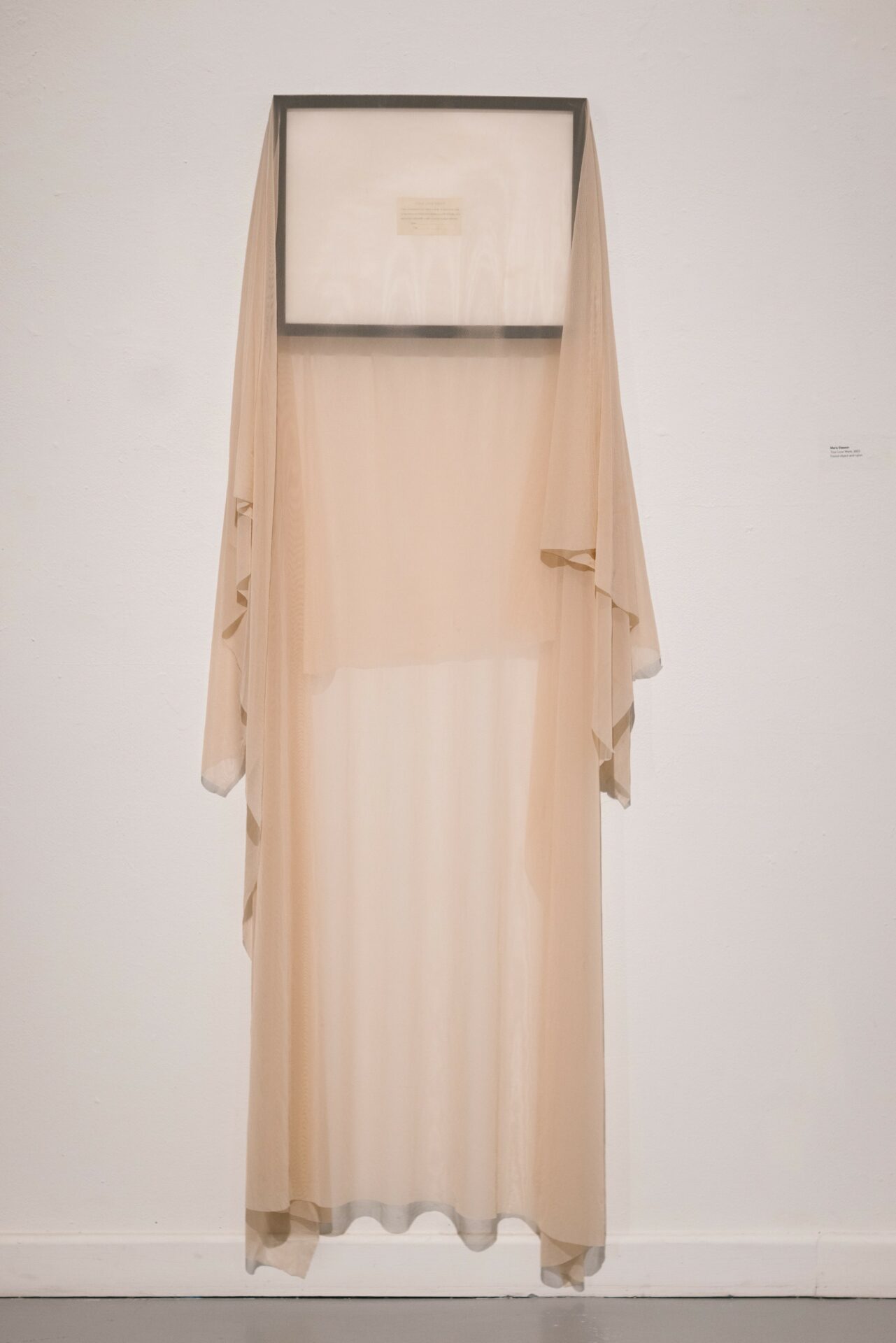
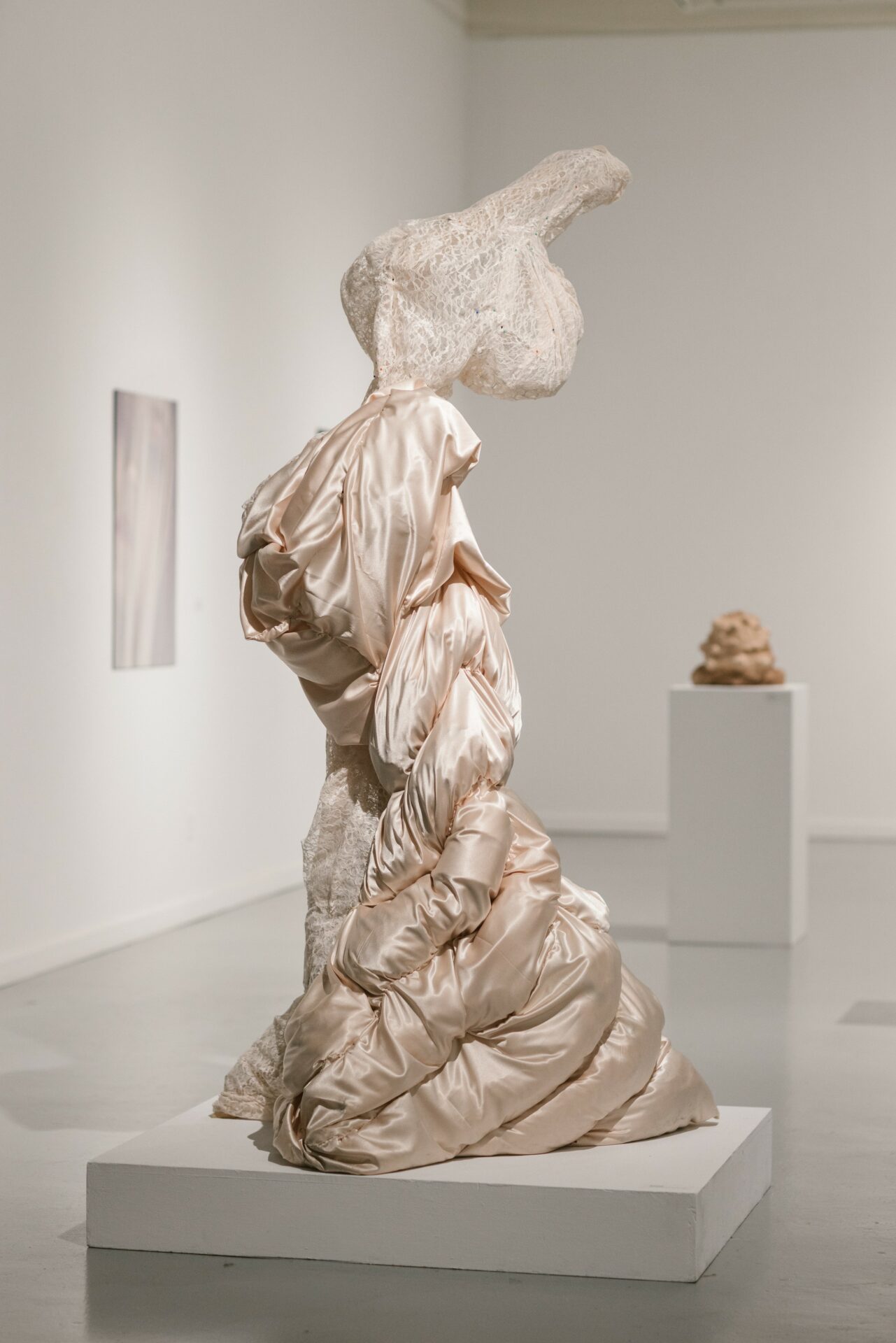
Image Credits
All gallery photos courtesy of Christina Childress.

